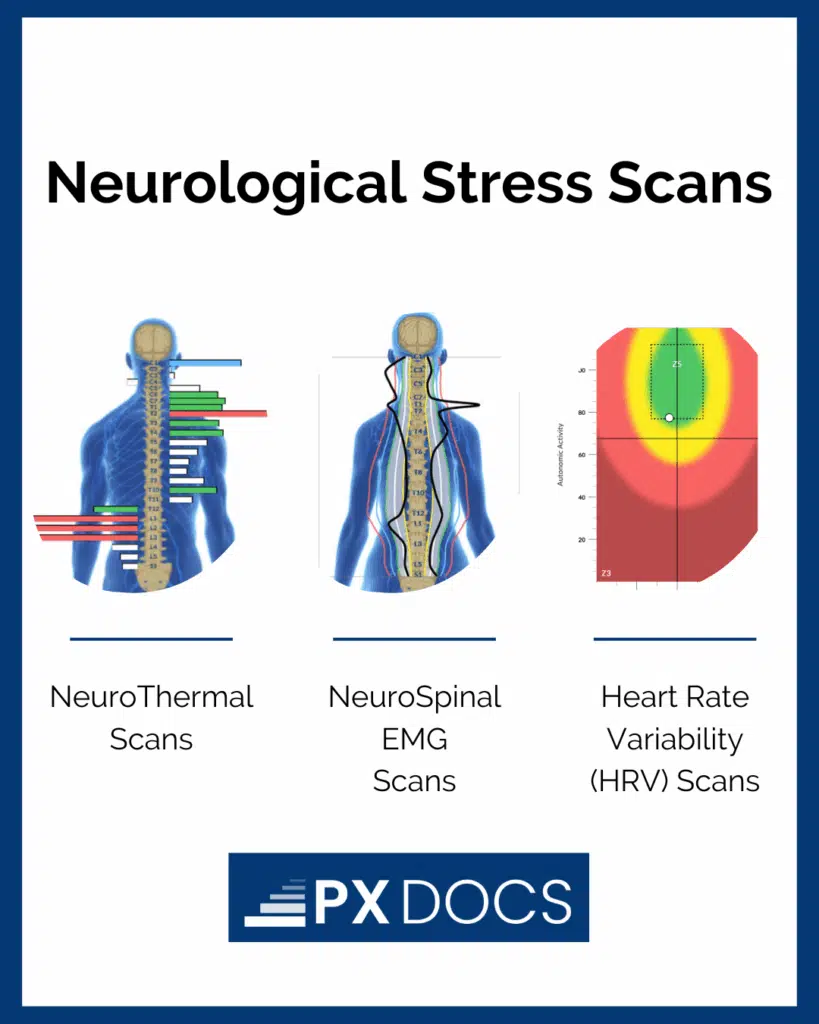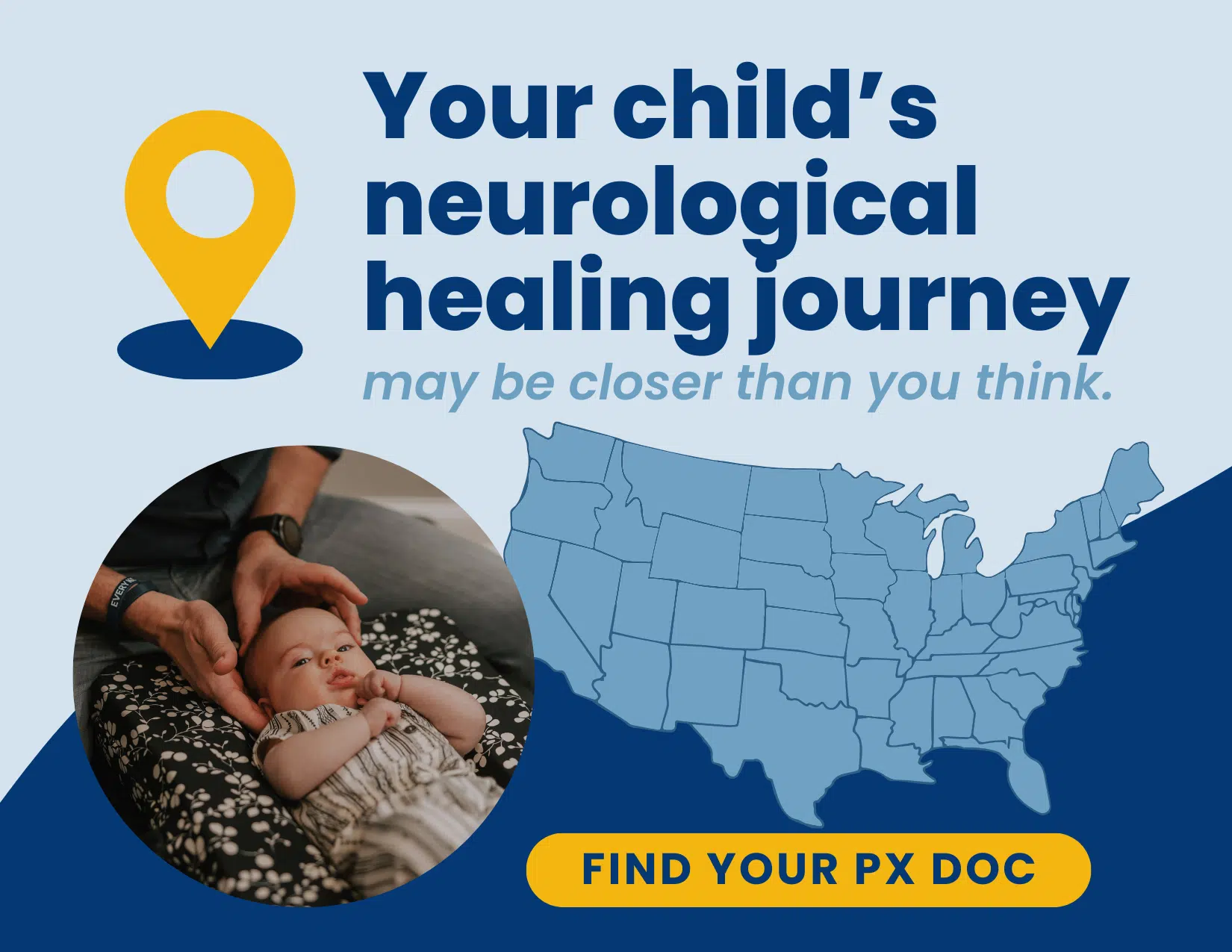As a parent, it’s alarming to learn that allergies affect over 40% of children worldwide. If your infant is exhibiting symptoms such as a runny nose, sneezing, and watery eyes, you might be wondering whether seasonal allergies are to blame. While it’s natural to worry, the truth is that seasonal allergies rarely affect babies under 2 years old.
However, this doesn’t mean you should ignore your infant’s symptoms. In fact, understanding the underlying causes of allergies and how they relate to your baby’s developing nervous system is crucial for preventing and addressing allergies naturally.
In this article, we will explore key facts about seasonal allergies in babies, covering a variety of important topics. You will learn what seasonal allergies are and the typical symptoms they present in children. We will explain why true seasonal allergies are rare in infants and discuss the role of the nervous system in the development of allergies.
We’ll also help you distinguish between allergies and common colds in babies and explore natural methods to alleviate allergy symptoms. Additionally, we will examine how Neurologically-Focused Pediatric Chiropractic Care can address the underlying causes of allergies, offering long-term relief and better health outcomes.
What are Seasonal Allergies?
Seasonal allergies, also known as allergic rhinitis or hay fever, occur when the body’s immune system overreacts to allergens in the environment. These allergens are typically harmless substances, but in some individuals, they trigger the release of histamine and other chemicals, leading to inflammation and allergic symptoms.
Common seasonal allergens include:
- Tree pollen (spring)
- Grass pollen (summer)
- Weed pollen, such as ragweed (fall)
- Mold spores (year-round, but especially fall)
When children are exposed to these allergens, they may experience a range of symptoms, including:
- Sneezing
- Runny nose
- Nasal congestion
- Itchy, watery, or red eyes
- Itchy nose, mouth, or throat
- Dark circles under the eyes (“allergic shiners”)
- Fatigue or irritability
These seasonal allergy symptoms can be bothersome and may interfere with a child’s daily activities, sleep, and overall well-being. In some cases, seasonal allergies can also trigger asthma symptoms, such as wheezing, coughing, and difficulty breathing.
Can Babies Have Allergies?
While it’s possible for infants to develop seasonal allergies, it’s quite rare for babies under 2 years old to experience true seasonal allergies. This is because the development of allergies typically requires repeated exposure to allergens over an extended period, usually spanning multiple seasons.
Infants, especially those under 6 months old, spend much of their time indoors and have limited exposure to outdoor allergens like pollen and mold spores. As a result, their immune systems haven’t had the opportunity to develop a sensitivity to these substances.
However, this doesn’t mean that infants can’t experience allergy-like symptoms. In fact, there are several other common causes of runny noses, congestion, and respiratory issues in babies, including:
- Frequent colds: Infants’ immune systems are still developing, making them more susceptible to viral infections like the common cold. On average, babies may experience up to 6-8 colds in their first year of life.
- Enlarged adenoids: Adenoids are small patches of tissue located in the back of the nasal cavity. When enlarged, they can cause chronic nasal congestion, leading to symptoms that mimic those of allergies.
- Food intolerances or allergies: Allergies to cow’s milk, soy, and other foods can cause symptoms such as a runny nose, congestion, and skin rashes in infants. These allergies are distinct from seasonal allergies and require different management strategies.
- Birth Intervention/Trauma: We often see infants, especially those born via C-section, who seem constantly congested or breathe loudly. This can happen because mucus can get “stuck” in the nose and respiratory pathways during birth, making it harder for babies to clear on their own, and sometimes causing noisy or labored breathing for weeks or months
If your infant is experiencing persistent allergy-like symptoms, it’s important to work with a healthcare provider who can help identify potential triggers and create a thoughtful care plan. Many pediatricians focus on managing symptoms, but the underlying causes—like food sensitivities, chronic congestion, or nervous system dysregulation—can sometimes be overlooked. Addressing these root factors can help reduce symptoms and support your child’s overall health and resilience
The Nervous System’s Role in Allergies
To fully understand the development of allergies in children, it’s crucial to recognize the central role of the nervous system. At PX Docs, we often refer to this as The “Perfect Storm” concept, which describes how a combination of factors can lead to nervous system dysfunction and, consequently, a wide range of health issues, including allergies.
We often see many babies enter the world with factors that set the stage for future immune challenges. Birth interventions, C-section deliveries, early antibiotic use, and environmental exposures can all disrupt the infant’s nervous system and immune balance. When combined with maternal stress, these early-life challenges can create conditions that make the child more prone to overreacting to allergens and other common environmental triggers as they grow.
The “Perfect Storm” typically begins during pregnancy; high preconception or maternal stress has been found to impact the developing brain of the fetus. High levels of stress hormones, such as cortisol, can also cross the placenta and affect the baby’s nervous system development, potentially priming the system for future health challenges.
Birth trauma and interventions, such as forceps delivery, vacuum extraction, and cesarean sections, can also contribute to The “Perfect Storm.” These experiences can cause physical stress and injury to the infant’s delicate brainstem and nervous system, leading to subluxation or neurological stress that interferes with proper nervous system function.
Subluxation can disrupt the regulation of the nervous system, leading to dysautonomia, an imbalance in the Autonomic Nervous System. This imbalance can manifest as an overactive Sympathetic Nervous System (the “fight or flight” response) and an underactive Parasympathetic Nervous System (the “rest, regulate, and digest” response), which can have far-reaching effects on a child’s health, including their susceptibility to allergies.
When the nervous system is stuck in this state, a child’s body can become hyper-reactive to otherwise harmless substances, meaning they may overreact to foods, environmental triggers, or allergens. This heightened sensitivity does not always mean they have a true allergy, but it can indicate that their nervous system is struggling to regulate normally.
The gut-brain connection also plays a significant role in the development of allergies. The nervous system, particularly the vagus nerve, helps regulate gut function and immune responses. When subluxation and dysautonomia are present, it can lead to gut dysfunction, inflammation, and an overactive immune system, increasing the likelihood of allergic reactions.
By addressing the root cause of nervous system dysregulation through neurologically-focused chiropractic adjustments, we can help restore balance to the autonomic nervous system, support healthy gut function, and promote a more balanced immune response. This drug-free approach not only helps manage allergy symptoms but also supports children’s overall health and well-being.
Is it Allergies or a Cold?
As a parent, it can be challenging to determine whether your infant’s symptoms are due to allergies or a common cold, as the two conditions often share similar signs. However, there are several key factors that can help you distinguish between allergies and colds in your baby.
Fever
- Colds: Often accompanied by a fever, especially in the early stages
- Allergies: Rarely cause fever
Mucus color and consistency
- Colds: Mucus may be thick and discolored (yellow or green)
- Allergies: Mucus is typically thin and clear
Duration of symptoms
- Colds: Symptoms usually resolve within 7-14 days
- Allergies: Symptoms may persist for weeks or even months, particularly if the allergen is still present
Symptom onset
- Colds: Symptoms tend to develop gradually over a few days
- Allergies: Symptoms often appear suddenly and may worsen quickly
Itching
- Colds: Rarely cause itching
- Allergies: Itchy eyes, nose, and throat are common symptoms
Time of year
- Colds: Can occur year-round, but are more common in the winter months
- Allergies: Seasonal allergies are more likely to occur during spring, summer, or fall, depending on the allergen
If your infant is experiencing allergy-like symptoms, but also has a fever, discolored mucus, or symptoms that resolve within a week or two, it’s more likely that they have a cold rather than a seasonal allergy. However, if symptoms persist or worsen rapidly and are accompanied by itching, it’s important to consult your child’s health care provider to determine the underlying cause and develop an appropriate management plan.
Natural Ways to Relieve Baby Allergy Symptoms
If your infant is experiencing allergy symptoms, there are several natural strategies you can employ to provide relief and support their overall well-being. These approaches focus on reducing allergen exposure and promoting a healthy environment for your baby.
Control your home environment
- Keep windows closed and use air conditioning during high pollen counts
- Regularly clean and vacuum to minimize dust mites, pet dander, and other indoor allergens
- Use hypoallergenic bedding and wash it frequently in hot water
Be mindful of outdoor activities
- Limit your infant’s time outdoors when pollen counts are high
- Dress your baby in lightweight, long-sleeved clothing to minimize skin exposure to allergens
- After spending time outside, give your baby a bath and change their clothes to remove any allergens
Support your baby’s immune system
- Breastfeed, if possible, as breast milk contains antibodies that can help protect against allergies
- Ensure your infant is getting proper nutrition through a balanced diet or formula
- Consider using a humidifier to keep the air moist and soothe irritated nasal passages
Use natural remedies
- Saline nasal drops can help flush out allergens and relieve congestion
- A cool compress over the eyes can provide relief from itching and inflammation
- Consult with your pediatrician or functional practitioner about the use of natural supplements, such as probiotics or omega-3 fatty acids, to support immune function
While these natural strategies can help manage allergy symptoms, it’s essential to address the underlying cause of allergies for long-term relief and optimal health.
Addressing the Root Cause with Pediatric Chiropractic
We believe that addressing the root cause of allergies is crucial for long-term relief and overall well-being. Our approach focuses on supporting and optimizing nervous system function through gentle, specific neurotonal chiropractic adjustments.
As discussed earlier, subluxation and dysautonomia can contribute to the development of allergies and immune challenges by disrupting the balance between the sympathetic and parasympathetic systems. This imbalance can lead to a heightened immune response and increased inflammation in the body.
Our PX Docs use INSiGHT scans to identify areas of neurological stress and dysfunction in infants and children. These scans provide valuable information about the nervous system’s function, enabling chiropractors to develop targeted care plans tailored to each child’s specific needs.

By addressing the underlying neurological imbalances, chiropractic care can help alleviate allergy symptoms and promote long-term health and well-being in infants and children.
Red Flags & When to Seek Help
While natural remedies and chiropractic care can be effective in managing allergy symptoms, it’s crucial for parents to be aware of red flags that may indicate a more serious issue. If your infant experiences any of the following symptoms, seek immediate medical attention:
- Difficulty breathing or wheezing
- Swelling of the face, lips, or tongue
- Hives or a widespread rash
- Persistent vomiting or diarrhea
- Lethargy or unresponsiveness
In some cases, these symptoms may indicate a severe allergic reaction (anaphylaxis) or another underlying health issue that requires prompt medical intervention. If you suspect your child has a severe allergy or a primary immunodeficiency condition, consult with your health care provider or an allergist for proper evaluation and a care plan.
Empowering Parents with a Proactive Approach
As a parent, you play a vital role in supporting your infant’s health and well-being. By adopting a proactive approach to allergies and overall health, you can help your child build a strong foundation for lifelong wellness.
This proactive approach involves:
- Educating yourself about the root causes of allergies and the importance of nervous system regulation
- Partnering with a pediatric chiropractor to optimize your child’s nervous system development from birth
- Implementing natural strategies to reduce allergen exposure and support your baby’s immune system
- Being attentive to your child’s symptoms, trusting your gut, and seeking help (or a second opinion) when necessary
Small lifestyle changes, such as maintaining a clean home environment, supporting breastfeeding, and focusing on proper nutrition, can significantly improve your child’s health and resilience.
Unlocking Your Baby’s Full Potential
Allergies can be challenging for both infants and parents, but by understanding the underlying neurological factors and embracing a drug-free approach, you can help your child find relief and thrive. Remember, seasonal allergies are rare in infants, but if your baby is experiencing allergy-like symptoms, it’s essential to identify the root cause and address it accordingly.
By prioritizing nervous system health and working with a Neurologically-Focused Pediatric Chiropractor, you can help your infant build a strong foundation for lifelong wellness. The adjustments provided by PX Doc chiropractors can help restore balance to your baby’s nervous system, promote healthy immune function, and naturally alleviate allergy symptoms.
If you suspect your infant may be experiencing allergies or have concerns about their overall health and development, we encourage you to visit our directory to find a PX Doc in your area. Our dedicated team of pediatric chiropractors is here to support you and your family on your journey to optimal health and well-being.
Remember, by taking a proactive, neurologically-focused approach to your child’s health, you are empowering them to reach their full potential and thrive in all aspects of life.





